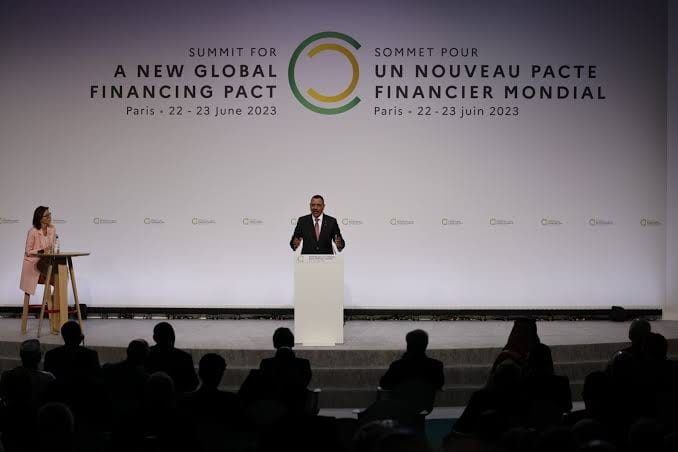Algeria’s migrant pushback causes ‘critical situation’ in Niger: UN

Algeria has forced more than 9,000 African migrants over the border into Niger creating a “critical humanitarian situation”, two United Nations bodies said in a report released Thursday.
“Since the start of the year, more than 9,000 distressed migrants who were driven across the border by Algeria, found themselves blocked at Assamaka,” a remote town in the Agadez desert region, said the UN Office for the Coordination of Humanitarian Affairs (OCHA) and the International Organization for Migration (IOM).

Niger regional authorities registered 8,828 men, 161 women, 152 boys and 51 girls arriving since January.
In April, the number of migrants stuck in Assamaka was estimated at about 4,500.
The IOM transit centre in the town has been overwhelmed by the flood of arrivals, AFP reporters saw in April. Most are left without resources to try to make it back home.
To try to ease the crisis, the World Health Organization (WHO) has supplied medical equipment, including 2.9 tonnes of medicine kits. The World Food Program has delivered more than 180 tonnes of food and Doctors without Borders deployed more doctors, nurses and psychologists to the area, OCHA said.
During May, the UN flew 1,446 migrants back to their countries.
Niger President Mohamed Bazoum told Jeune Afrique magazine last month that the waves of migrants forced into Niger was “not acceptable” as they had not entered Algeria from Niger.
Algeria is considered attractive by migrants as well as a transit point for Europe, but the government has sent back tens of thousands of people from west and central Africa since 2014, the UN says.
Some try to survive in Algeria, often as beggars, while others press on in the hope of reaching Europe.
©️ Agence France-Presse














